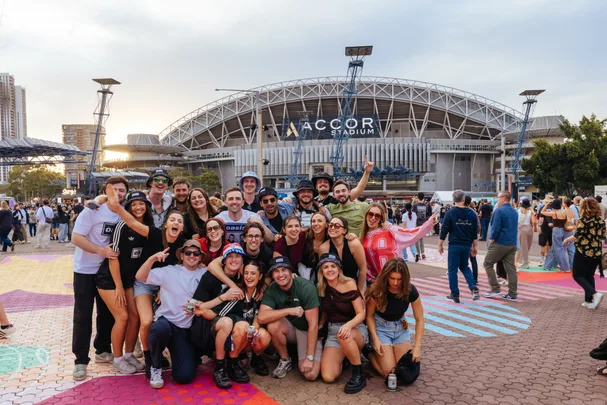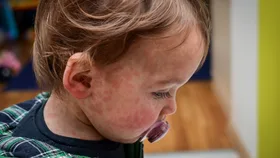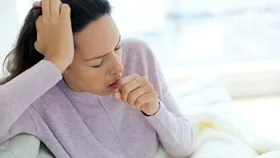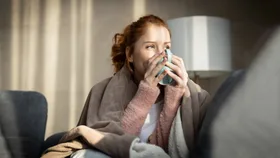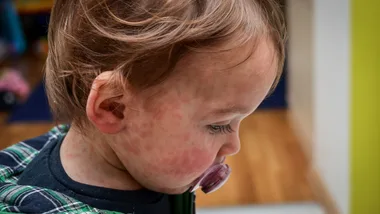NSW Health has issued a precautionary measles alert after a traveller from Queensland visited several busy Sydney locations — including the Oasis concert at Accor Stadium — while infectious. Three additional cases linked to the Jelly Roll concert in Brisbane on 24 October have also been confirmed. Plus, there’s been a surge in cases in Western Australia.
Anyone who attended the Oasis show, travelled through Sydney Airport, or was in the CBD or inner west (particularly Newtown) between 8–10 November is being urged to keep an eye on their health. See the full list of locations here.
There’s no ongoing risk at any of the venues, but health authorities say anyone who was in those areas should monitor for symptoms until 28 November.
Dr Jeremy McAnulty from NSW Health reminds Australians that measles spreads easily through the air when an infected person coughs or sneezes.
“Early symptoms include fever, sore eyes, runny nose and a cough,” he said. “A few days later, a red blotchy rash can appear, starting on the face before spreading across the body.”
Because symptoms can take up to 18 days to appear, Dr McAnulty urges people to stay vigilant. He also urged people to call ahead to their GP or hospital if they start feeling unwell, so they can avoid potentially exposing others in waiting rooms.

Who needs to check their vaccination?
Health authorities are also using the alert as a reminder to make sure your measles protection is up to date:
- Anyone born after 1965 should have received two doses of the measles vaccine.
- The measles–mumps–rubella (MMR) vaccine is free for children at 12 and 18 months, and also free in NSW for anyone born after 1965 who hasn’t had both doses.
- Babies travelling overseas can receive an extra early dose from six months — parents are encouraged to speak with their GP.
- If you’re unsure of your vaccination history, getting another dose is safe.
This reminder comes as measles outbreaks continue to pop up in several parts of the world — making vaccination especially important before travelling.
For more information, see the NSW Health website. If you or a loved one develops symptoms or has concerns, contact your GP or call Healthdirect on 1800 022 222.
